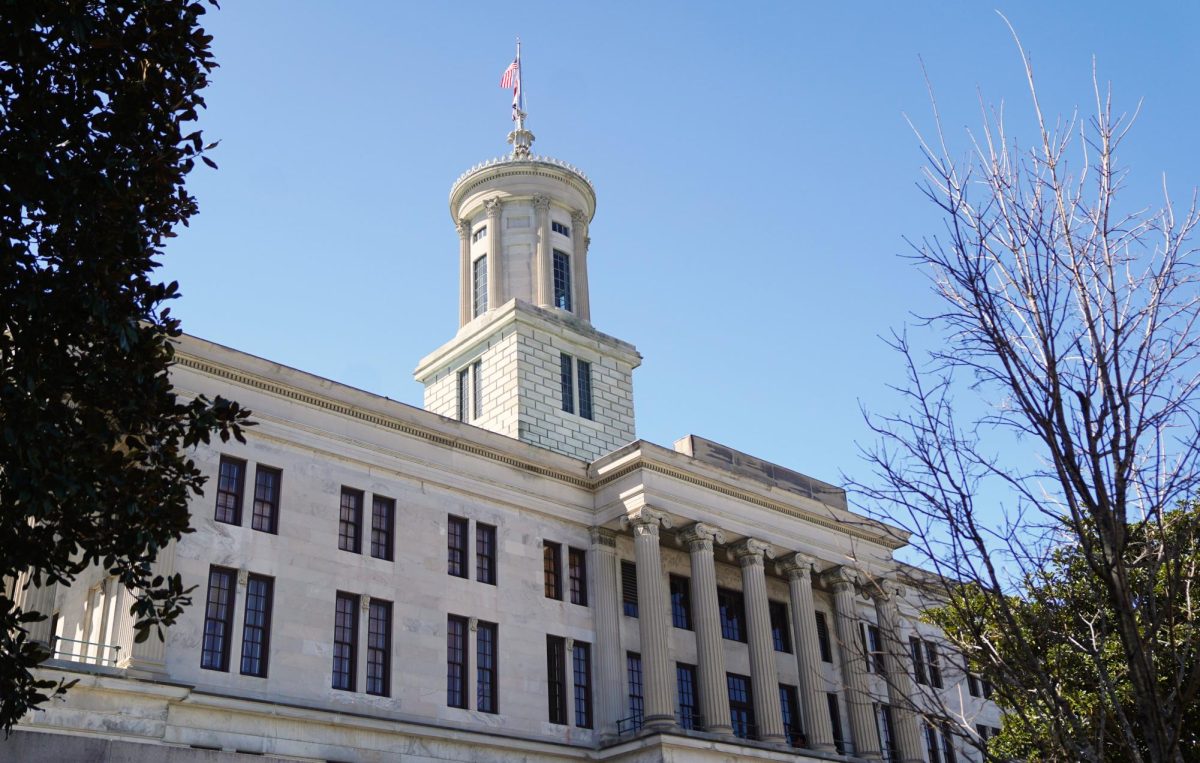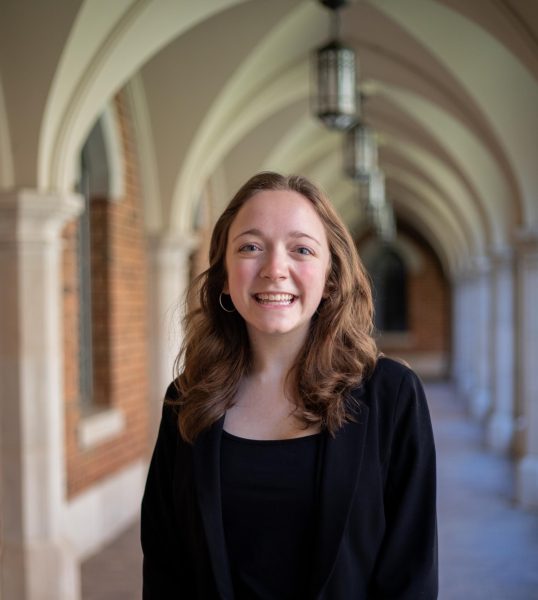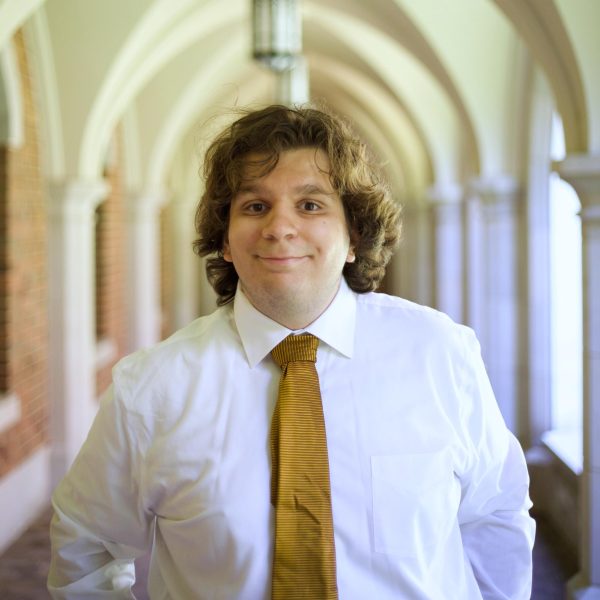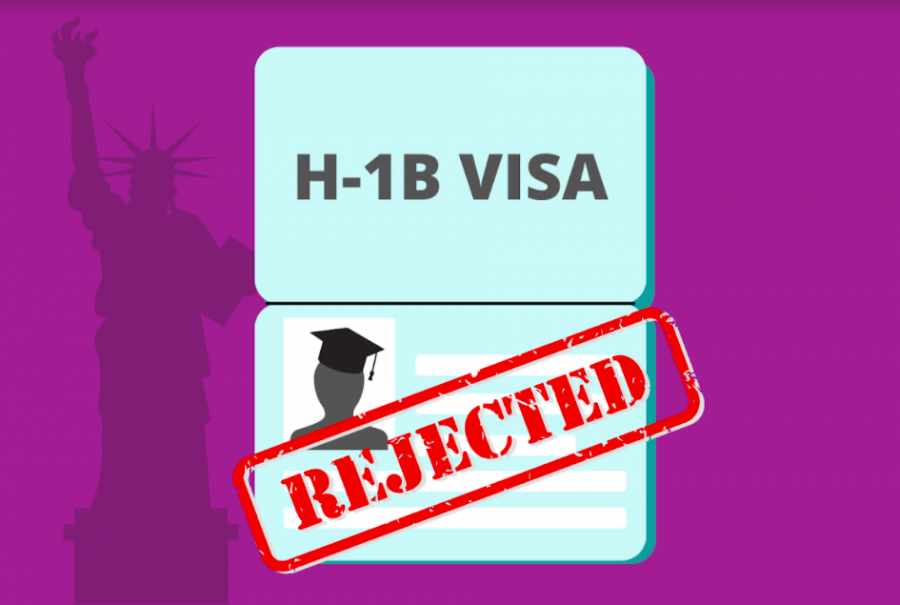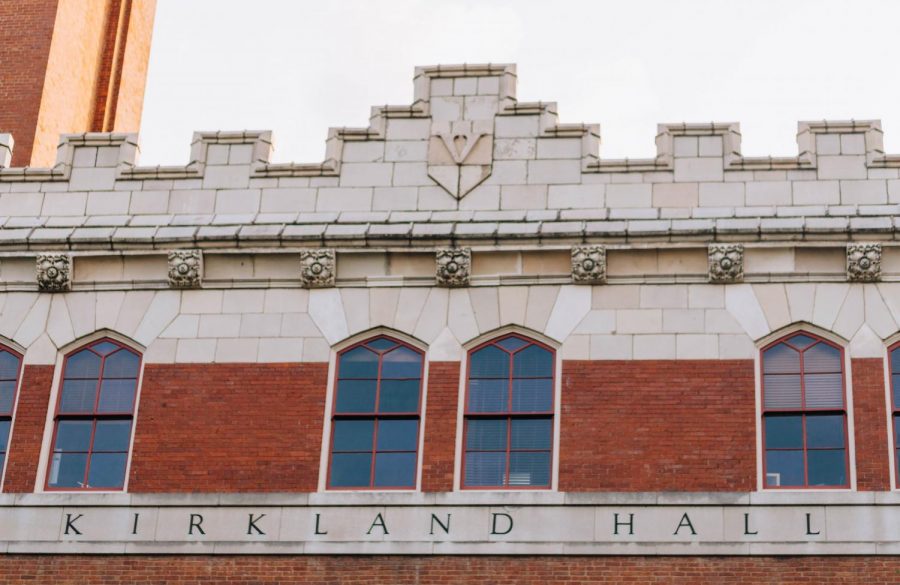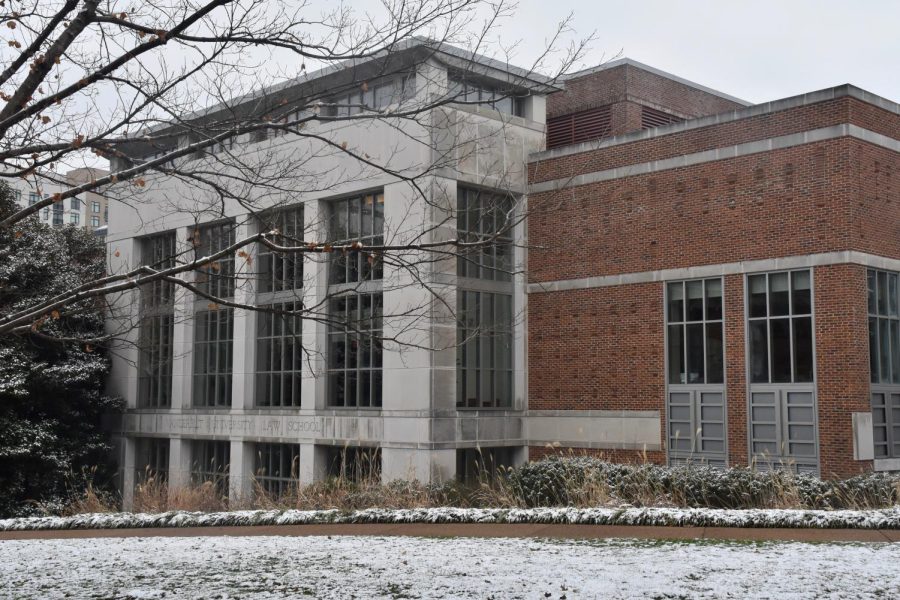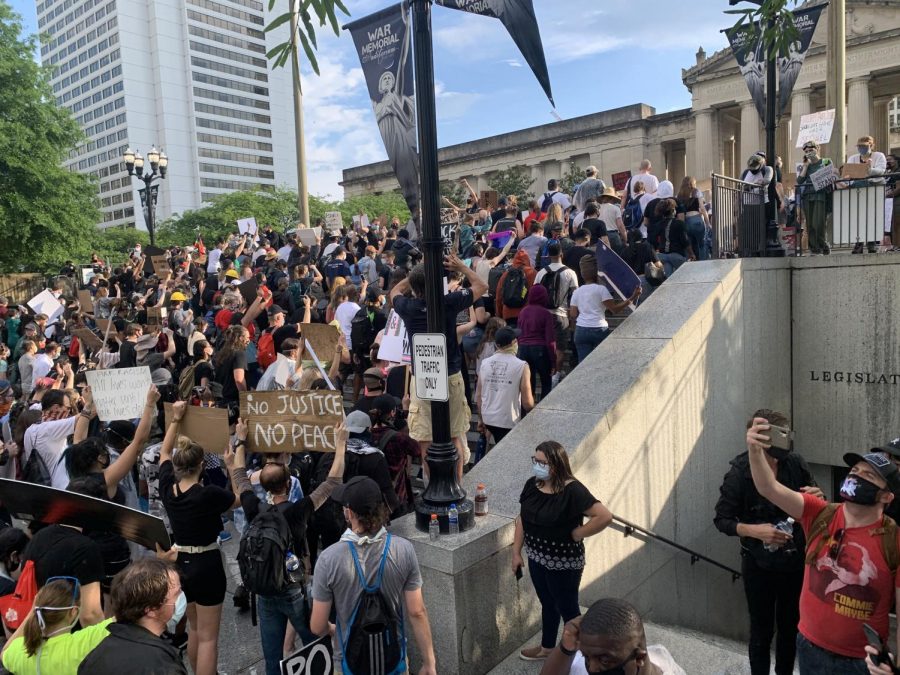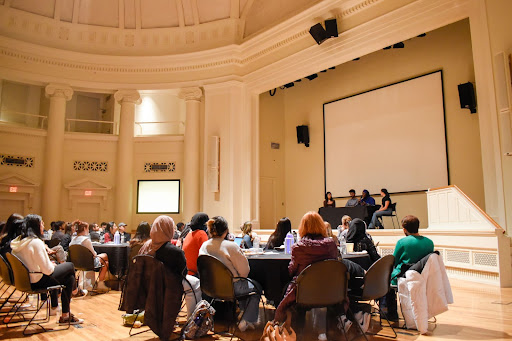The Department of Homeland Security announced in a statement on Jan. 21 that it would rescind protections enacted during President Joe Biden’s term that prevented immigration enforcement actions from taking place in “sensitive” areas, including college campuses. Following this declaration, Vanderbilt students shared concerns about the potential for Immigration and Customs Enforcement or Customs and Border Protection agents to be present on campus, although the university reported that no such visits have been made.
The DHS directive overturned a memorandum from 2021 that recognized schools, healthcare facilities and places of worship as “protected areas” in which immigration enforcement actions were prohibited.
“Criminals will no longer be able to hide in America’s schools and churches to avoid arrest,” the Jan. 21 statement reads. “[President Donald] Trump[’s] administration will not tie the hands of our brave law enforcement, and instead trusts them to use common sense.”
According to a statement from a representative of the university, there have been no reported instances in which an ICE agent has been on campus, as of publication. The university also said the International Student and Scholar Services office has been in “regular contact” with international students on campus to “provide guidance” and answer any questions they may have regarding changes to federal laws.
“We are not aware of any visits by the U.S. Immigration and Customs Enforcement agency to campus,” the statement reads. “Routine visits from other offices from the Department of Homeland Security, such as the U.S. Citizenship and Immigration Services, are commonplace to verify information related to employer-sponsored work visas.”
In a statement to The Hustler, Vanderbilt University Public Safety clarified one incident in which a member of Fraud Detection and National Security in the U.S. Citizenship and Immigration Services was seen near campus on Feb. 25. VUPS said the officer was present to verify information related to an employer-sponsored work visa petition.
“The visit was routine and part of a regular administrative function. USCIS is a separate component of the Department of Homeland Security from Immigration and Customs Enforcement,” the statement reads. “USCIS grants visas and other immigration benefits. The FDNS representative was mistakenly identified as an ICE agent.”
According to professor of medicine, health and society and public policy Gilbert Gonzales, the Vanderbilt Center for Research on Inequality and Health — which conducts research on health inequities and social and economic disparities — have restricted access to their space on the third floor of Buttrick Hall due to safety concerns following rumors about ICE agents on campus. Gonzales said the space holds his offices and is utilized by faculty, postdoctoral students and research assistants.
“When we heard there may have been federal agents on campus, some faculty in the hallway decided to make it key card access only,” Gonzales said. “All of the students who are affiliated or working with us, or taking classes in Buttrick Hall, all have key card access to our space.”
Gonzales also responded to potential concerns from students.
“All students are welcomed and should feel a sense of belonging in my classroom,” Gonzalez said.
Student concerns
First-year Mary Hallgarth said she is worried about her friends with regards to the potential of ICE presence on campus.
“The supposed presence of ICE on Vanderbilt’s campus makes me beyond disheartened,” Hallgarth said. “I fear for my friends who are people of color and immigrants alike, and hope more than anything [that] these sickening sightings can stop on a campus that claims to represent community and safety.”
Sophomore Gwen Goetz echoed this sentiment, connecting it to her personal friendships.
“Many of my friends on campus were born in other countries, and it honestly frustrates me that they have to be so vigilant about their documentation on top of being students like the rest of us,” said Goetz. “They contribute just as much, if not more, to the academic environment here at Vanderbilt as any other student, so it hurts when they have to work harder than natural Americans to be seen as ‘belonging’ or ‘worthy.’”
Junior Noah Jenkins, president of Vanderbilt College Republicans, spoke on behalf of the organization.
“From what we know, the reports of ICE interacting with students are unconfirmed. Amid all of the passion surrounding this very contentious issue of illegal immigration, we must resist the urge to jump to conclusions,” Jenkins said. “In any case, students and faculty should follow all federal and local laws.”
Senior Andrew Kyung, president of Vanderbilt College Democrats, offered a different perspective.
“America’s foundational freedom is the First Amendment right to hold and express one’s own beliefs without the fear of government retaliation,” Kyung said. “Deploying ICE agents after people for exercising their First Amendment rights is a blatant attempt to silence dissent and intimidate free speech, and it must be opposed by all who value democratic freedoms.”
Incidents at peer institutions
Columbia University graduate and Palestinian activist Mahmoud Khalil was arrested on March 9 by federal immigration authorities. Khalil had permanent U.S. residency and had been living in Columbia student housing at the time of his arrest. Although Khalil remains in detainment, a federal district court judge ordered his case to be moved from New York to New Jersey on March 19. The judge also reaffirmed a past ruling that blocked Khalil’s deportation until his case is heard in court. Khalil’s arrest elicited concerns from fellow students considering his role in organizing last year’s pro-Palestine protests on Columbia’s campus. On March 13, ICE agents searched two student rooms at Columbia, although no arrests were made and no items were taken.
Yunseo Chung, a junior at Columbia, sued Trump and other members of his administration on March 24 following efforts by immigration officials to arrest and deport her. Chung said her university housing was among residences searched on March 13. She also participated in last spring’s pro-Palestine protests on campus.
On March 17, Badar Khan Suri, a postdoctoral fellow at Georgetown University, was detained under allegations that he and his wife — who is Palestinian — have ties to the Palestinian militant group Hamas, although little evidence has been provided to support this claim. Suri’s lawyer reported that he has not been charged with a crime.
Rumeysa Ozturk, a PhD candidate at Tufts University and an international student from Turkey, was arrested by DHS agents outside of her off-campus apartment on March 25. According to her lawyer, Ozturk has not been charged with any crimes. Ozturk previously co-authored an opinion piece in The Tufts Daily on March 26, 2024, in which she condemned the university’s response to student Senate resolutions that “acknowledge the Palestinian genocide” and called for divestment from companies with ties to Israel.
Other universities have reported individuals impersonating ICE or DHS agents in an attempt to spark fear among students. At Temple University, the Vice President for Public Safety and Chief of Police Jennifer D. Griffin and the Vice President for Student Affairs Jodi Bailey Accavallo sent a message to the university community regarding a Feb. 1 incident involving the arrest of a student who allegedly impersonated an ICE agent near campus to elicit reactions for video content.

